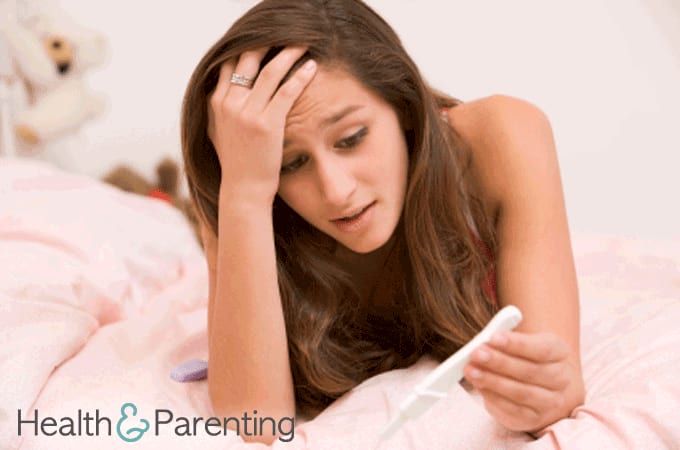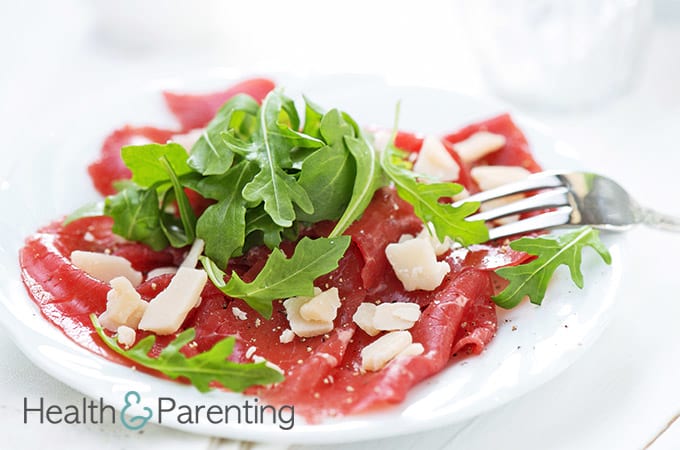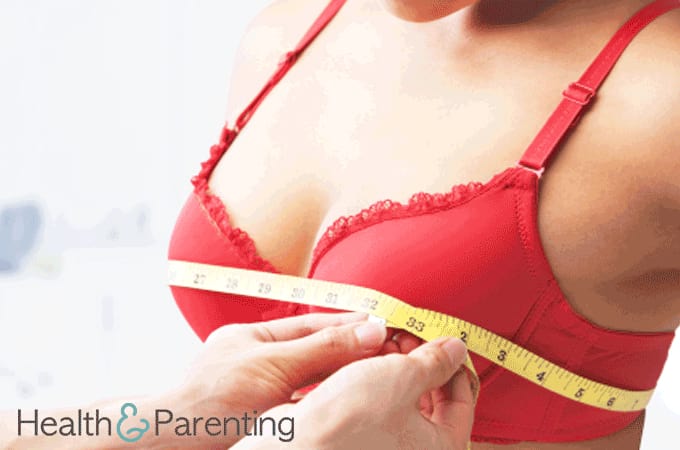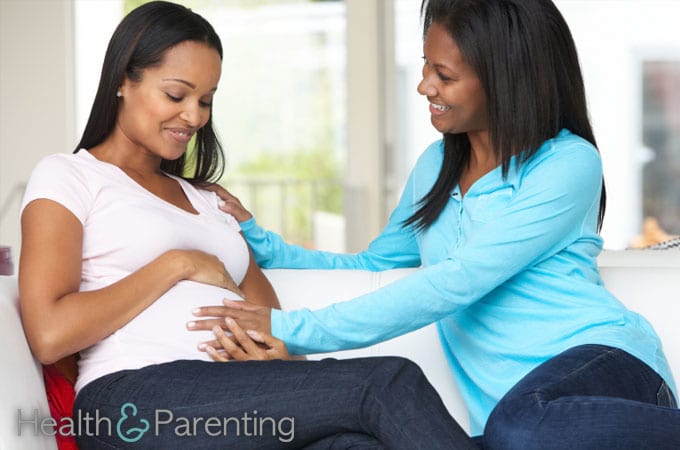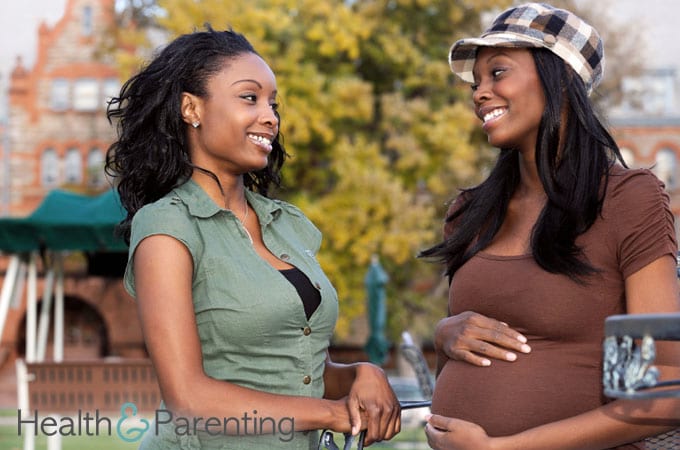For some, a pregnant woman’s body is a sight to behold. Some women find that they are radiant during pregnancy. They may love their growing bump, their fuller breasts and their glowing skin. Not all women feel that way, though. In fact for some women, pregnancy can feel more like an alien invasion than a gift. If you are one of these women, you may be finding it difficult to love your changing body. Here are some tips for learning to love your changing body:
- Understanding is key to acceptance – if you understand why a change is taking place, it is easier to accept. While the sight of your enlarged, vein-ridden breasts may be troublesome, once you realise this is your body’s way of preparing to nourish your baby, you may feel less worried about the changes.
- Pregnant doesn’t mean unhealthy – if anything, pregnancy should mean healthy. While your body is busy growing you a baby, you should be taking care of it. Eating healthily, taking regular exercise and making sure you get enough rest are all very important things you can do. If you continue to exercise throughout pregnancy, you may find it easier to regain your shape after the birth.
- Pregnancy is a temporary change – while it may be quite a drastic change, remember it is just a temporary one. In just nine months, you’ll be helping your baby into the world, and your body will begin its transformation back to its pre-pregnancy state. Ok, you may find your breasts are always a little bigger, or your ribs are a little wider, but generally, things should go back to normal.
- Celebrate your body – though you may not feel it all the time, pregnant bodies are beautiful. Your bump is something to be proud of, and you should feel comfortable showing it off. Rather than dressing to hide your bump, have at least a couple of outfits that showcase your growing bump for the world.
- Create some memories – you may feel huge and heavy now, but one day you will look back on this time and think about how amazing pregnancy is (you can hardly believe it, can you?). Make sure you have some great photos of yourself pregnant, so that you can look back and remember just how big you got.
- Be honest – there’s no need to pretend you love pregnancy. Some women love pregnancy, and others hate it. Be honest about your feelings, and talk about them with people you trust. This may even help you to see yourself in a more positive light.
How are you finding pregnancy? Do you love your new body, or shudder at the sight of yourself in the bathroom mirror?
Written by Fiona (@Fiona_Peacock), mother, writer and lover of all things baby related.
This information is not intended to replace the advice of a trained medical doctor. Health & Parenting Ltd disclaims any liability for the decisions you make based on this information, which is provided to you on a general information basis only and not as a substitute for personalized medical advice. All contents copyright © Health & Parenting Ltd 2018. All rights reserved.


